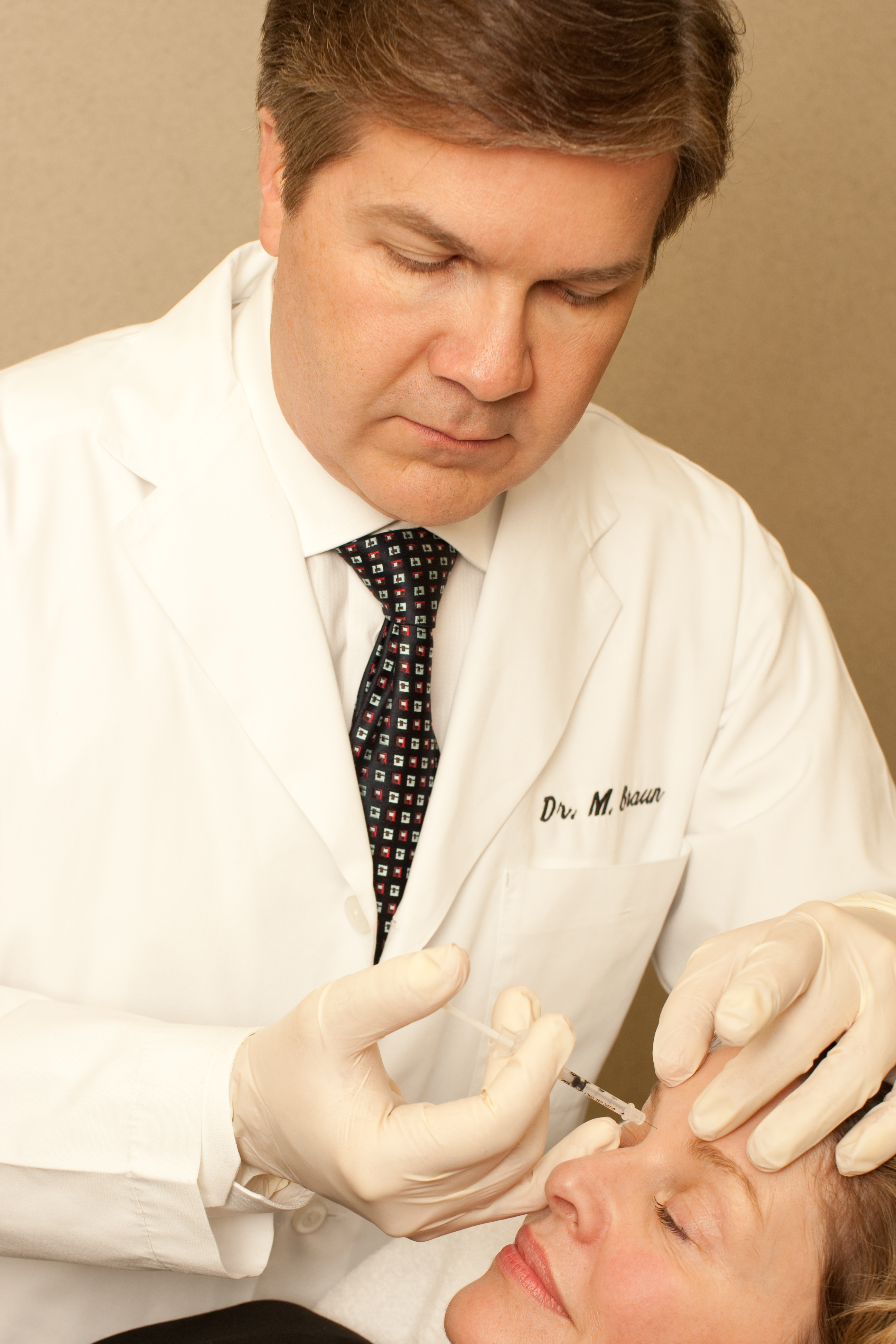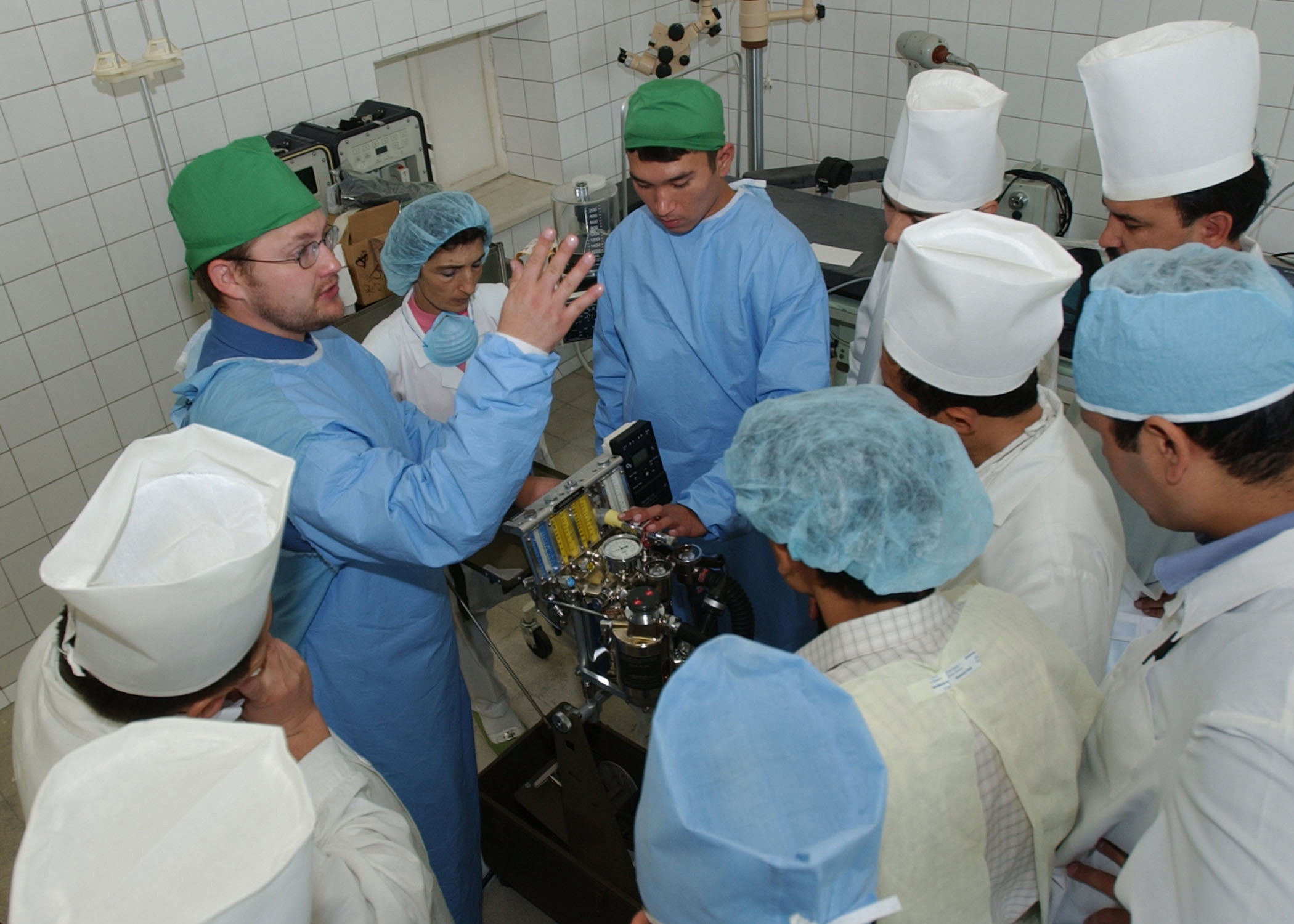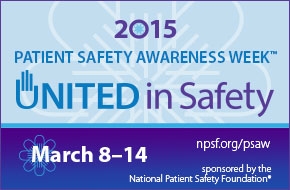Failure to treat priapism in a timely manner can be medical malpractice that can cause serious injury
Failure to diagnose or to treat priapism, a medical condition of prolonged penile erection that is unrelated to sexual stimulation, can result in serious complications such as permanent erectile dysfunction or disfigurement of the penis. Priapism is not very common but as a result of the use of erectile dysfunction medication the potential for serious complications from Priapism is on the rise. Other medications such as intracavernosal agents, some antihypertensive agents , some psychotropic drugs, anticoagulants, cocaine, certain hormones, and ginkgo Biloba are also known to cause priapism. Diseases such as sickle cell disease can also cause this painful medical condition.
When a patient suffers from priapism it is crucial that the doctor determines if it is a case of ischemic or nonischemic priapism. Ischemic priapism is a medical emergency that requires immediate treatment. Usually the patient will receive an intracavernous injection of an alpha-adrenergic sympathomimetic agent followed by a surgical shunting procedure if necessary. Nonischemic priapism is not considered an emergency and will usually resolve by itself without treatment.
In its “Case of the Month” the Journal of the American Academy of Physician Assistants looks at the case of a middle aged patient who was diagnosed with ischemic priapism associated with trazodone use. Read the complete article here
 New York Personal Injury Attorneys Blog
New York Personal Injury Attorneys Blog








